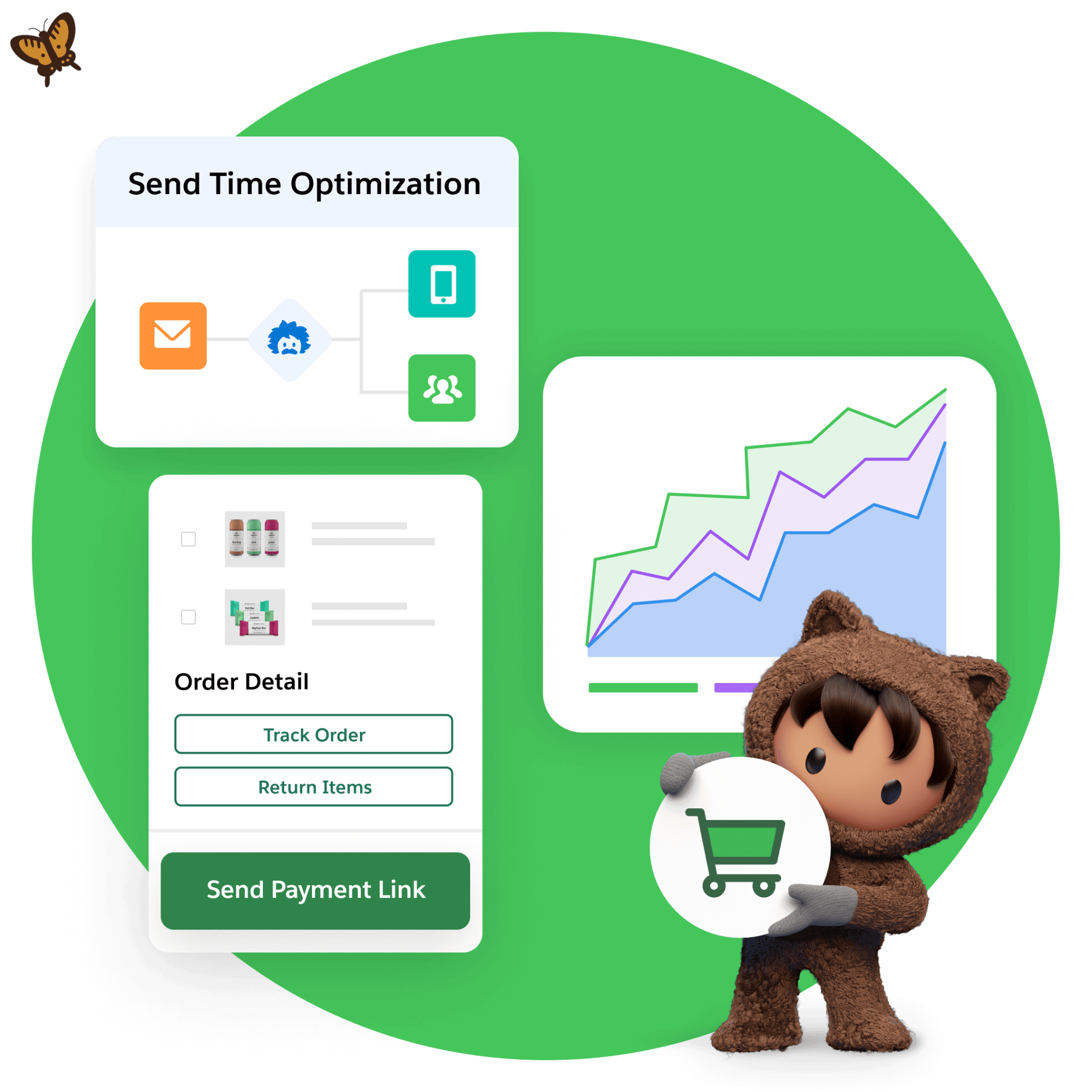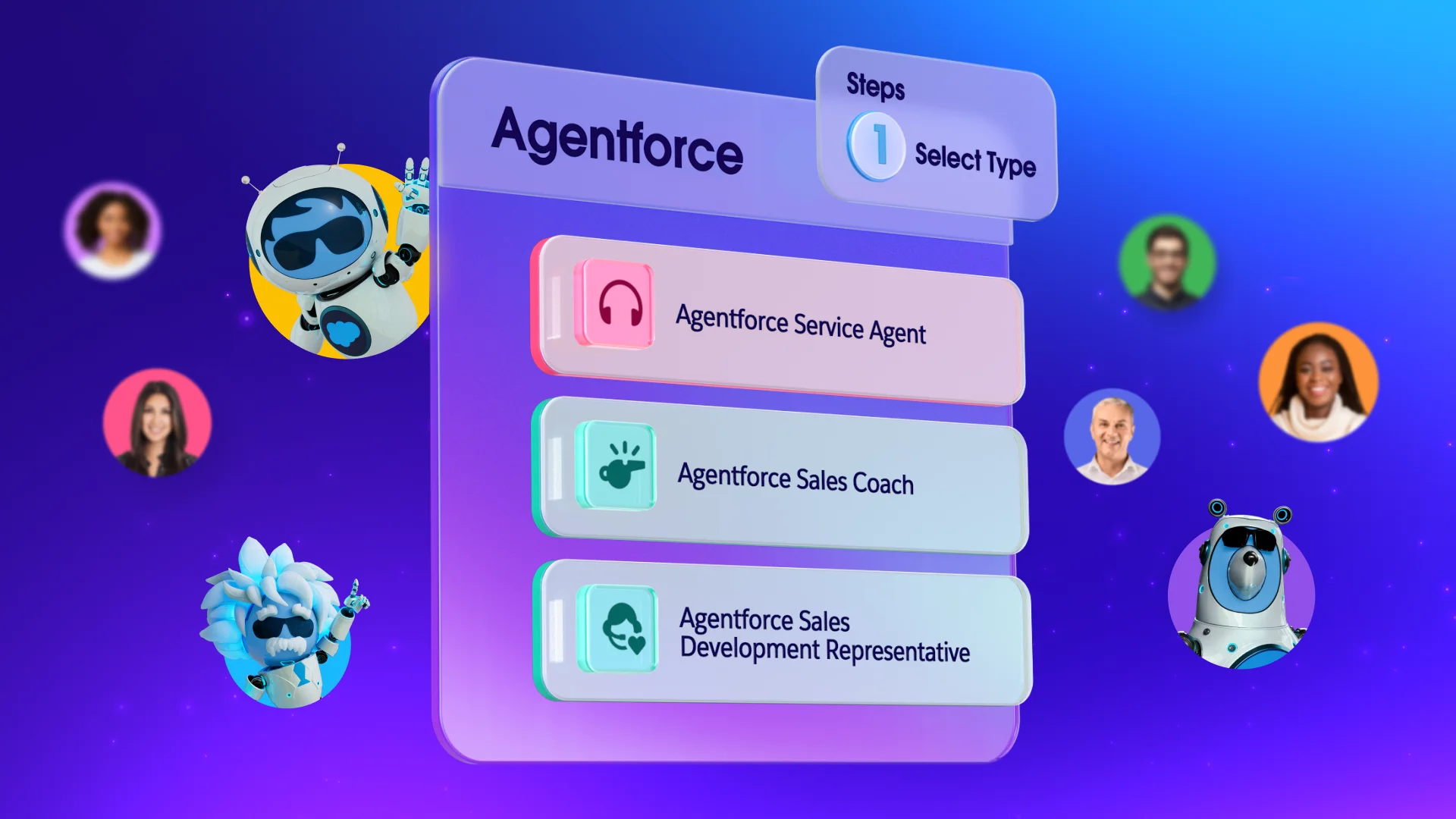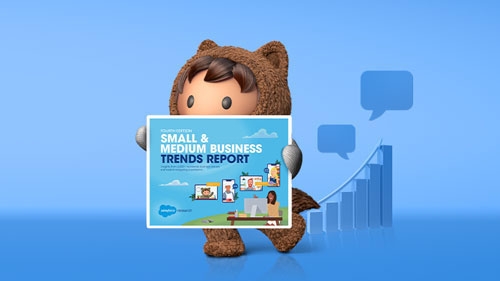Have you ever thought about turning your skills into a business? Maybe you’ve been a non-paid consultant for years — the go-to person in your field, always offering advice for free. If so, starting a consulting business could be the perfect way to share your expertise and make money doing what you love.
Consulting is all about helping businesses solve problems and grow in ways they can’t on their own. Many companies can’t afford full-time specialists, but they will gladly pay experts for guidance. This makes consulting a smart and rewarding career choice. This guide will help you figure out how to start your own consulting business. Let’s get started.
Here’s what you’ll learn:
- What is a consulting business?
- Benefits of starting a consulting business
- Build your consulting business in 7 easy steps
- Equip yourself with the right consulting tools
What is a consulting business?
A consulting business is a professional service firm that provides expert advice and solutions to those facing specific challenges. Consultants are trained, and use their specialized knowledge and experience to help clients in various areas.
Whether it’s a small and medium-sized business (SMB) or a large company, consultants bring fresh ideas and actionable plans that businesses might not have the time, resources, or skills to develop on their own. Some of the most common assignments for consultants are:
- Human resources (HR): Employee benefits, professional development, and team training
- Marketing: Advertising, marketing strategy, lead generation, and branding
- Communications: Internal communications, crisis preparedness and response, public relations (PR)
- Information technology (IT): Specific software and systems development expertise
- Business strategy: Business objectives and high-level strategies
- Operations and management: Supply chain and logistics
Start with SMB Basics
Benefits of starting a consulting business
Professionals enter consulting for several reasons. It’s often a way to find a work-life balance; and to be what you were called to do. Starting a business is a great way to earn side income or start a new stage of your career. Depending on your area of expertise (and if you have the right tools), overhead can be low and you can set up your consultant team quickly.
One of the biggest benefits of consulting is the flexibility and the ability to work from anywhere. Clients may not care where you are, what’s important is what you can do for them. Once established, you can pick and choose your projects and the clients you serve. This autonomy and control are common reasons why professionals start a business like consulting.
Did we mention the money? Consultants have the capacity to earn a viable income, depending on their expertise. You know what you’re worth and how valuable your skills and expertise are. The right clients know that too and are willing to pay. With more companies turning to consultants, there is high-earning potential, particularly in specialty or executive fields. According to research data, independent freelance consultants earn an average of $150K annually.
And it’s easier than you think to get started.
Build your consulting business in 7 easy steps
At Salesforce, we work with consultants across industries and regions. Based on what we’ve seen, the most successful ones follow a few key steps to build and grow their business. Follow these seven steps to start sharing your expertise and get paid for it.
Step 1: Find your niche
First up, find your superpower — that one thing you’re really great at and love doing. What is the problem you know you can solve? That’s your niche, and it’s the foundation of a business that actually adds value. You most likely will need to convince other businesses why they should work with you or invest in you, so here are some small business ideas to get you thinking.
- Consult peers: Ask your colleagues and friends to identify your unique strengths and skills. Reach out to former managers with the same question.
- Assess your skills: There are plenty of skills assessment tests available online that can help you identify strengths. opportunity areas, and work preferences.
- Research the market: Check out LinkedIn and research other career platforms in your industry or profession. Identify gaps that you can fill.
- Dig deep: You know yourself better than anyone. Do some self-reflection. Find what you love to do, and that businesses will pay top dollar for.
Step 2: Create your business plan
A strong business plan includes setting goals, defining your mission, listing services, and identifying metrics to track progress and success. Here’s a simple checklist to build your consulting business plan:
- State your vision: A clear statement of your values and purpose. This defines who you are, what you do, and the value you bring.
- Define your services: Be specific about what you offer and what you don’t. Clearly defining your expertise helps attract the right clients.
- Identify your target market: A specific group of clients who will benefit from the services. Factors like industry, location, and demand help determine the best audience. Use market research tools to understand your ideal clients better.
- Set success metrics: These are the clear ways to measure growth. Common indicators include monthly revenue, client numbers, inquiries, website traffic, and repeat business.
- Choose your pricing model: Create a pricing strategy that fits your consulting needs. Will you charge hourly, offer a retainer model (monthly fee), or set fixed prices per project? Be upfront about costs so clients know what to expect.
Step 3: Take care of legal and administrative tasks
Next it’s time to determine the legal side of your consulting business. The three main structures are sole proprietorship, limited liability company (LLC), and corporation. For newly formed consulting businesses, the common choice is a sole proprietorship or LLC.
A sole proprietorship is the most common form of business ownership. It is not a separate legal entity, so owners are personally liable for all debt or legal action the business faces. This is the easiest structure to build and may work best when you’re starting out. A limited liability company (LLC) provides owners with protection of their personal assets from business debts and liabilities. It’s popular among many small business owners as it’s flexible and protects them from personal liability.
Once you’ve chosen your business structure, register your business for tax and legal purposes. Check government guidelines on your state’s website. Most of these sites provide simple step-by-step instructions for how to legally register your business. Be sure to get your tax ID number to pay your business taxes. Best practice is to pay your taxes quarterly.
The right tools make it easier to manage your consulting business smoothly. Setting up a clear payment process helps your clients pay you easily and on time. Look for invoicing and payment tools that automate billing and track payments, so you spend less time chasing invoices and more time focusing on your work.
Step 4: Build your brand and get online
Your brand communicates what you want people to think about your business. It should set you apart and speak to your target audience. Your brand story is just as important. It should clearly explain your services. A well-crafted brand story builds trust and credibility. Summarize this into a short, compelling elevator pitch that quickly tells people who you are and what you do.
Once your brand is ready, it’s time to go online. Social media, especially LinkedIn, is a great place to share insights, success stories, and updates that position you as an expert. Once you’re ready to take things further, a customer relationship management (CRM) can help manage your outreach. It helps you track client interactions and even support marketing efforts.
Email marketing is another powerful tool. Sending helpful content (like case studies or industry tips) keeps you top of mind for potential clients. With CRM for small businesses, you can automate campaigns and personalize outreach.
Your consulting business + social media = SUCCESS
Learn how to create a social media strategy that grows your brand and drives real results.


Step 5: Network, network, network
The best way to find your clients is through people who know you, trust you, and will vouch for you. Here are some key places and strategies to help you network effectively.

Step 6: Determine your pricing and start consulting
Setting your prices is important for a successful consulting business. Balance what the market can afford with the value of your services. Research industry standards and competitor rates. Take into consideration your expertise and the time you invest. Once your prices are set, start consulting by reaching out to your network. You can attend industry events and use social media to find clients.
Here are three primary ways to charge for your consulting services, each with its own advantages:
- Hourly rate: Charge clients based on the number of hours you work. Your rate depends on your expertise, industry, and demand. Note that income can fluctuate since client needs may vary from week to week.
- Project-based pricing: Charge a flat fee for the whole project. It’s easier for clients to budget and can boost your income if you work efficiently. But there’s a risk if the project takes longer than expected.
- Retainer model: Clients pay a fixed monthly fee for ongoing work. It offers predictable income for you and consistent support for them. Many consultants offer a slight discount to secure longer-term agreements.
Step 7: Scale and grow your consulting business
As your workload increases, consider hiring support to manage tasks that take you away from your core expertise. Delegating administrative work, marketing, or even parts of your consulting services can help you focus on what you do best and improve client outcomes.
Staying relevant is key. Industries evolve, and so should you. Keep upskilling and staying informed about the latest trends to maintain your competitive edge. Consistently capture leads and develop new business relationships. It’s the path to long-term success.
Start selling online with Starter Suite
Set up your digital storefront, engage customers, and sell more using a commerce-ready platform with integrated tools for every sale.

Equip yourself with the right consulting tools
The right tools can help you improve productivity and deliver better results for your clients. Below are our favorite tools that can make running your consulting business smoother and more professional.
Customer relationship management (CRM) tool
A customer relationship management (CRM) tool keeps all your client interactions, deals, and tasks in one place — so you never miss a follow-up. It helps you track leads and automate workflows. You can also personalize communication to make it easier to manage and grow your consulting business.
If you’re just starting with CRM, Starter Suite is an easy-to-use, all-in-one solution that helps you manage customer relationships from day one. It’s built for small and growing businesses, offering sales, customer service, marketing, and online store tools in a simplified package. As your consulting business grows, you’ll need more than just the basics. Pro Suite takes CRM to the next level with advanced automation, customization, and deeper insights.
Marketing and branding tools
To attract new clients and establish credibility, you need a strong online presence backed by professional branding and consistent marketing. But marketing can feel overwhelming, especially when you’re handling everything on your own. With the right tools, you can personalize outreach and build long-term client relationships — without spending hours on manual tasks.
For instance, Salesforce for small business marketing helps you reach customers with AI-powered campaigns and automation. With Agentforce 360, you can personalize marketing and automate marketing campaigns. Meanwhile, integrate with Canva and design high-quality social media posts, presentations, and marketing materials, with little to no design skills.

Proposal and contract management tools
A strong business proposal and a well-written contract set clear expectations and help you secure clients quickly. Integrate your CRM with tools from Salesforce AppExchange to get tools like PandaDoc, a powerful tool that offers ready-made proposal templates and tracking features. It lets you see when a client views your proposal, making follow-ups more strategic. If you want something simpler, use Dropbox Sign and send legally binding contracts with just a few clicks. By using these tools, you reduce paperwork and close deals faster.
Collaboration tools
A smart collaboration tool helps you keep conversations, documents, and decisions in one place, so you miss nothing. Slack is one of the best tools for real-time collaboration. It allows you to create dedicated channels for different clients or projects, keeping conversations focused and easy to find. You can share files, integrate them with your CRM, and even hop on quick huddles (Slack’s built-in voice and video calls) for instant discussions.
Boost team productivity with Slack
Bring together your team, your customers, and your tools to help take your business to the next level with Slack — it’s where business gets done.

Your consulting journey starts here
Starting your own consulting business is a leap into a world of possibilities. You’ve got the knowledge — now it’s about putting the right structure around it. Define your niche, build a solid plan, set your pricing, and start finding clients. Then, stay consistent and deliver value every step of the way. Salesforce gives you the essential tools to manage leads and stay on top of client interactions — so you can focus on growing your consulting business with confidence.
So, why not start strong? Begin your journey with the Starter Suite today. Looking for more customization? Explore Pro Suite. Already a Salesforce customer? Activate Foundations and try out Agentforce 360 today.
AI supported the writers and editors of this article.
Frequently Asked Questions (FAQs)
Starting a consulting business can cost very little upfront. Basic expenses include business registration, a website, and essential tools. Many consultants get started with just a laptop, internet connection, and a clear service offering.
To become a consultant, you need strong expertise in your field. Good communication skills help you explain ideas clearly. Problem-solving and time management skills are also important to handle client work effectively.
You can start by reaching out to your network — former colleagues, friends, and industry contacts. Use LinkedIn to showcase your expertise and join relevant groups. Attend events, join forums, and share helpful content to build visibility and trust.
You’ll need tools for invoicing, scheduling, client communication, and file sharing. A good CRM, like Starter Suite, helps you manage leads and track conversations as you grow. These tools save time and keep your work running smoothly.
Yes, many consultants start part-time. It’s a smart way to build experience and income with less risk. Just make sure to check your employment contract for non-compete clauses or policies about side work, especially in the same industry.




































